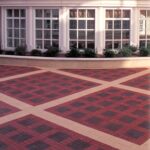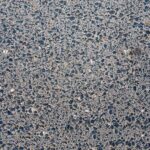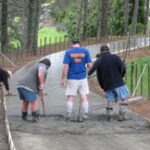Expert advice about concrete pavers and paving stones used for driveways, patios, and walkways; also covers mortarless interlocking pavers.
Most people assume that any paving product that looks like brick is, in fact, brick. Not so. Paving brick is made of clay, the traditional source material of brick manufacturers. Concrete pavers, which may appear similar to their clay counterpart on the shelf, are actually very different.
Concrete pavers, similar to concrete block, consist of cement and aggregate. Formed in molds, a vibration process provides the combined materials with density. Over time, the units gain strength due to the curing or hardening of the cement.
Colors other than gray are achieved by adding pigments to the mixture of cement and aggregate.
Because it is not inherent to the material, the pigment added to concrete pavers can erode, eventually exposing the color of the aggregate and perhaps resulting in a complete change from the original color of the concrete paver. Dark pigments in particular can fade over time. Unfortunately, once the color has faded, it is impossible to bring the color back to its original appearance without replacing the concrete paver.
Like modern, extruded brick pavers, concrete pavers are manufactured with highly accurate dimensions and are typically available at large home improvement retailers.
Mortarless interlocking pavers are available in a variety of colors, shapes and sizes. Machine-made, they offer high-strength paving solutions for driveways, walkways, and patio floors.
Assembled without mortar, they are typically installed in a shallow bed of sand, and, to create a solid interlock, sand is vibrated between the paver joints. Material prices of pavers tend to run from about $1 to $2 per square foot.



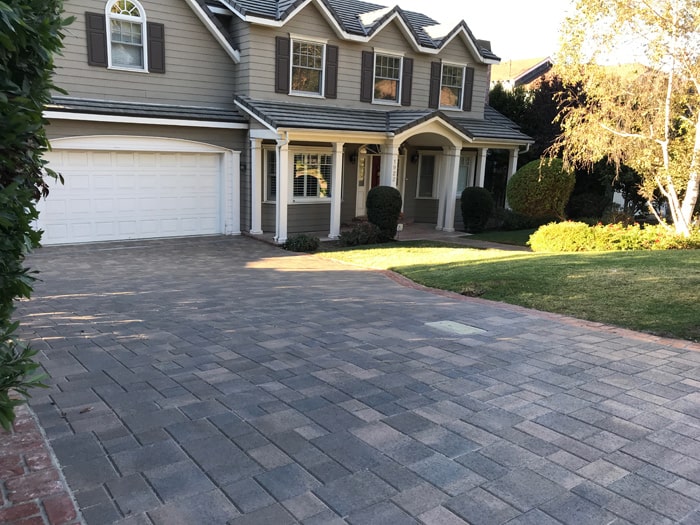
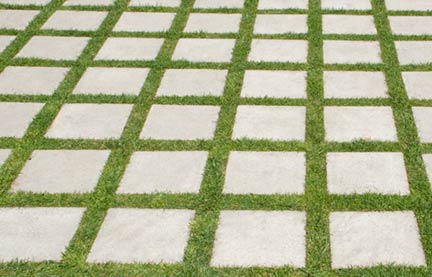
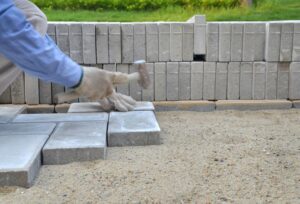
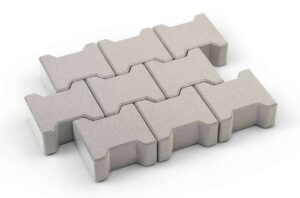
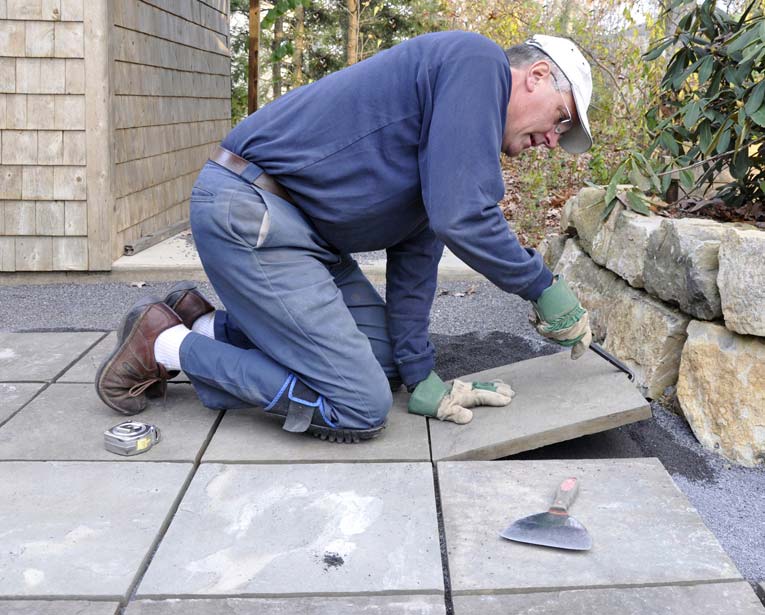

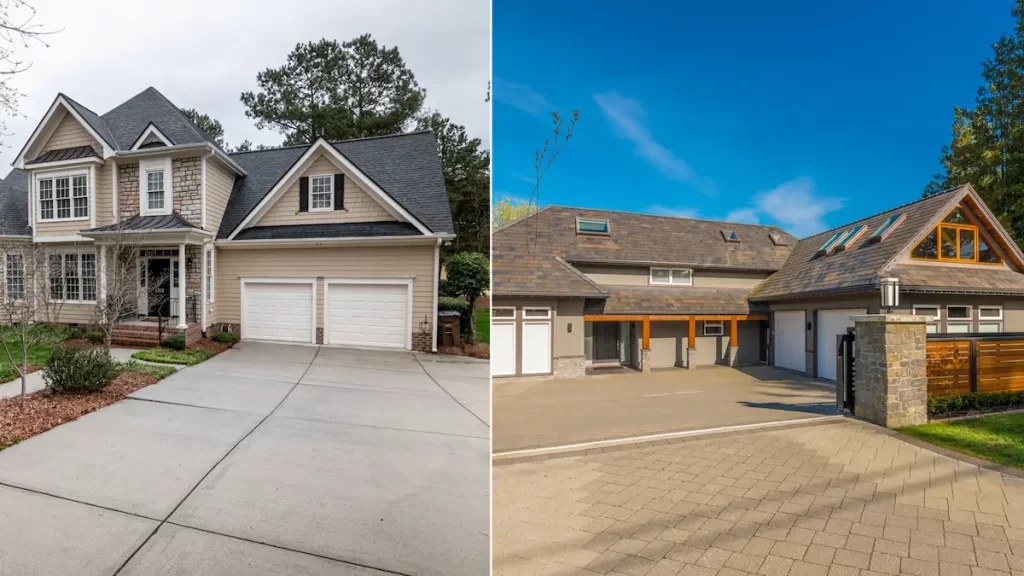
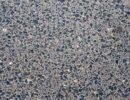
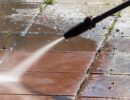
 Don Vandervort writes or edits every article at HomeTips. Don has:
Don Vandervort writes or edits every article at HomeTips. Don has:
